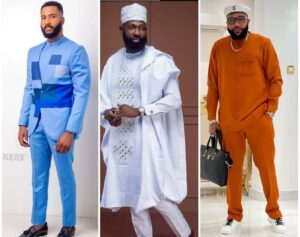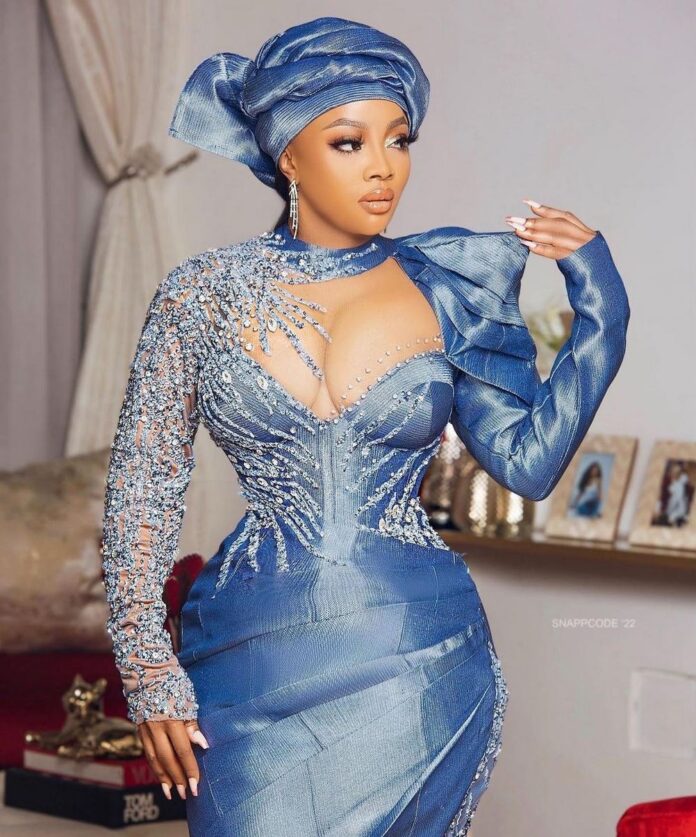Nigerian designers are gaining global recognition through vibrant fashion events and festivals, from Lagos Fashion Week to showcases in London. These platforms highlight the designers’ creativity, driving their international ascent. Events like these boost the economy, offer networking opportunities, and promote cultural significance through runway showcases. For instance, designers like Lisa Folawiyo and Kenneth Ize have gained international acclaim, illustrating the transformative power of these fashion events. Through these venues, Nigerian designers form global collaborations and partnerships, further cementing their presence on the world stage.

1) Impact of Fashion Events on Exposure
Fashion events like Arise Fashion Week in Lagos and Africa Fashion Week in London are crucial for Nigerian designers, offering global exposure and access to key industry players. For example, Arise Fashion Week attracts international media, fashion editors, and buyers, significantly boosting designers’ visibility. Similarly, Africa Fashion Week London opens doors to the European market, allowing designers to connect with diverse audiences and retailers. Kenneth Ize’s rise to fame, including his collaboration with Karl Lagerfeld, highlights the opportunities that prestigious events like Paris Fashion Week can provide. These events are pivotal in elevating Nigerian designers to the global stage and fostering significant collaborations.
2) International Recognition of Nigerian Designers
Nigerian designers have recently gained significant international recognition, highlighted by figures like Lisa Folawiyo and Amaka Osakwe. Folawiyo’s brand is celebrated for its blend of traditional African textiles with modern designs, while Osakwe’s Maki Oh has been featured in Vogue and worn by celebrities like Michelle Obama. Additionally, designers such as Duro Olowu, known for his vibrant prints, have become prominent at major fashion weeks in New York, Paris, and Milan. This surge in recognition showcases the richness of African fashion and elevates its global perception.

3) Economic benefits for designers and industry
Nigerian designers’ participation in fashion events and festivals yields significant economic benefits beyond individual success. Lagos Fashion Week, for instance, boosts local economies by attracting international visitors who spend on accommodation, dining, and entertainment. Designers like those featured in these events often see increased sales and brand visibility, leading to business expansion and job creation. Additionally, fashion events stimulate related industries such as modeling, photography, and event management, creating employment and fostering entrepreneurship. The global recognition of Nigerian designers also opens export markets, enhancing the country’s export earnings and promoting economic diversification.
4) Cultural Representation Through Fashion
Nigerian designers use fashion to showcase the country’s rich cultural heritage. For instance, Ituen Basi and Deola Sagoe incorporate traditional textiles like Aso-oke, Ankara, and Adire into their contemporary designs, honoring and innovating on cultural roots. Events like GTBank Fashion Weekend in Lagos highlight Nigerian culture through fashion narratives inspired by history and folklore. Designers such as Tiffany Amber and Mai Atafo collaborate with local artisans to create sustainable collections, advocating for cultural preservation and ethical practices. This global visibility challenges stereotypes about African fashion, showcasing its diversity and dynamism, and fostering cross-cultural appreciation.

5) Networking Opportunities for Designers
Fashion events offer Nigerian designers crucial networking opportunities. For example, the International Fashion Showcase during London Fashion Week allows designers to connect with international buyers and journalists. Collaborations often result, such as Lisa Folawiyo’s partnership with Selfridges, which expanded her brand’s reach. Events like the Fashion Business Series at Lagos Fashion Week provide workshops and networking sessions for emerging designers. Additionally, social media platforms like Instagram and LinkedIn help designers connect globally, showcase their work, and build their brands. These networking opportunities are vital for their professional growth and international success.
In conclusion, fashion events and festivals have been pivotal in promoting Nigerian designers globally, from Lagos to international platforms. These events have launched designers like Lisa Folawiyo and Amaka Osakwe onto the world stage, earning them international acclaim and collaborations. The exposure gained has not only boosted individual careers but also driven economic growth, cultural representation, and networking within the Nigerian fashion industry. As global fashion evolves, Nigerian designers are leading the charge, challenging stereotypes and redefining African fashion. Their ongoing journey showcases Nigerian craftsmanship and invites the world to appreciate the richness of Nigerian fashion.




